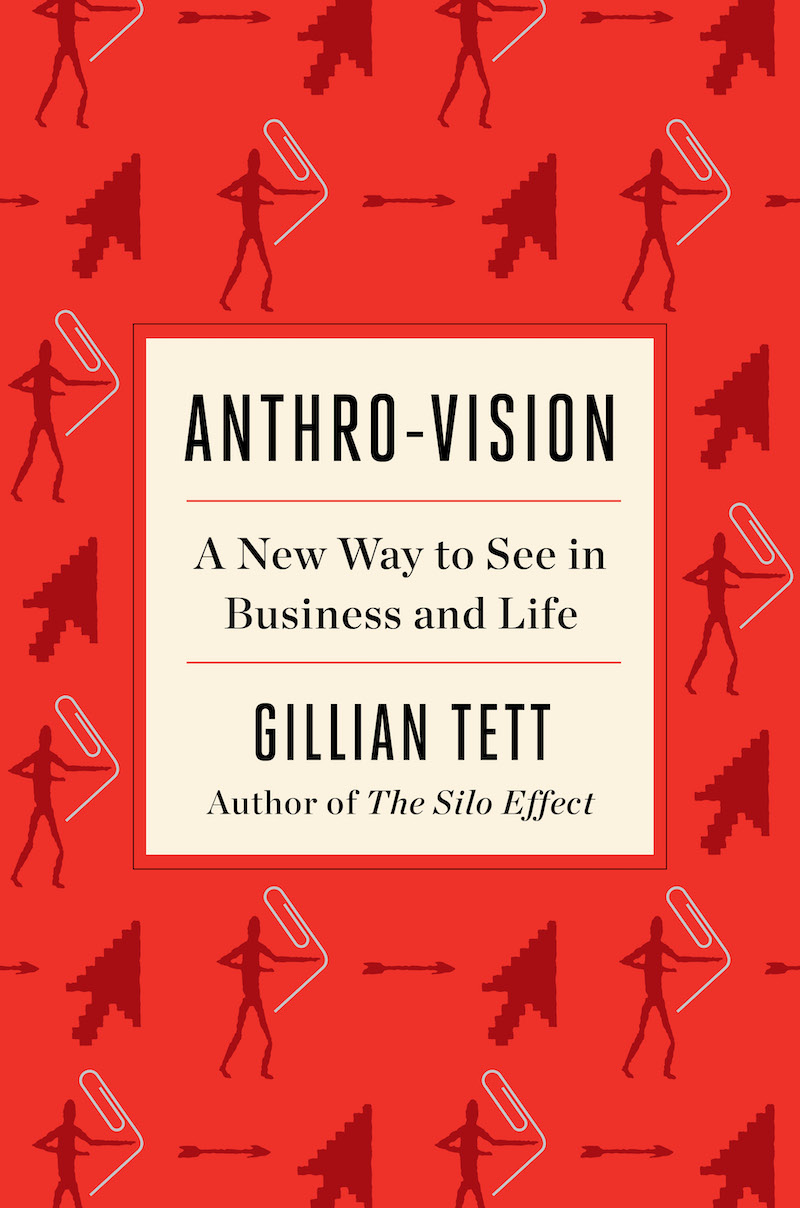
My CEO handed over this book to me and asked me to read it and and it was worth the time.
Introducing the Other 'AI': Anthropology Intelligence is an exceptional work of scholarship that brings much-needed attention to the intersection of anthropology and artificial intelligence. The authors have done a remarkable job of presenting a compelling argument for the importance of incorporating anthropological insights into the development of AI systems.
The book is well-structured, with each chapter building on the previous one to create a comprehensive and nuanced view of the topic. The authors provide a thorough review of the current state of AI research, highlighting the limitations and biases of existing approaches. They then introduce the concept of "anthropology intelligence" as a means of incorporating cultural and social factors into AI systems.
One of the strengths of this book is the way it brings together diverse perspectives and disciplines, weaving together insights from anthropology, computer science, psychology, and philosophy. The authors provide numerous examples of how anthropology intelligence can be applied to real-world problems, such as reducing bias in hiring and improving healthcare outcomes.
The book provides numerous real-world examples of how anthropology intelligence can be applied to AI systems.
One example is the use of facial recognition technology in security and law enforcement. Many AI systems that use facial recognition have been found to exhibit racial and gender biases, which can result in harm to certain individuals and communities. However, an anthropology intelligence approach would consider the cultural and social factors that contribute to these biases, and work to address them at the root cause.
“The last thing a fish would ever notice would be water.”—attributed to anthropologist Ralph Linton
For example, an anthropology intelligence approach might involve conducting ethnographic research to better understand the social and cultural contexts in which facial recognition systems are used. This could involve talking to people from different communities, observing how these systems are used in practice, and identifying any patterns of bias or discrimination. Armed with this information, AI researchers could then work to design more culturally-sensitive and unbiased facial recognition systems.
Overall, "Introducing the Other 'AI': Anthropology Intelligence" is a must-read for anyone interested in the future of AI and its impact on society. The authors provide a powerful and convincing argument for the need to incorporate anthropological insights into AI development, and their work has important implications for the design and implementation of AI systems. This book is a game-changer, and I highly recommend it to anyone interested in the intersection of technology, culture, and society.
While the book is very powerful in delivering an argument in the favor of Anthropological Intelligence, here are some potential critiques that someone may have about the book:
The book may overemphasize the role of anthropology in AI research, and not adequately address other disciplines such as computer science, mathematics, and engineering.
The authors may be overly optimistic about the potential for anthropology intelligence to address bias and other issues in AI systems. While cultural insights can be helpful, they may not fully solve these complex issues.
Some readers may find the book's language and writing style to be overly academic and technical, which may make it difficult for a general audience to engage with the material.
The book may not fully consider the potential ethical implications of using anthropology intelligence in AI systems, particularly related to privacy and data protection. The authors may need to provide a more comprehensive discussion of the ethical issues involved in incorporating cultural and social factors into AI design.
Should you read it? Definitely yes.
No comments:
Post a Comment